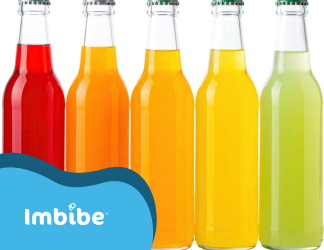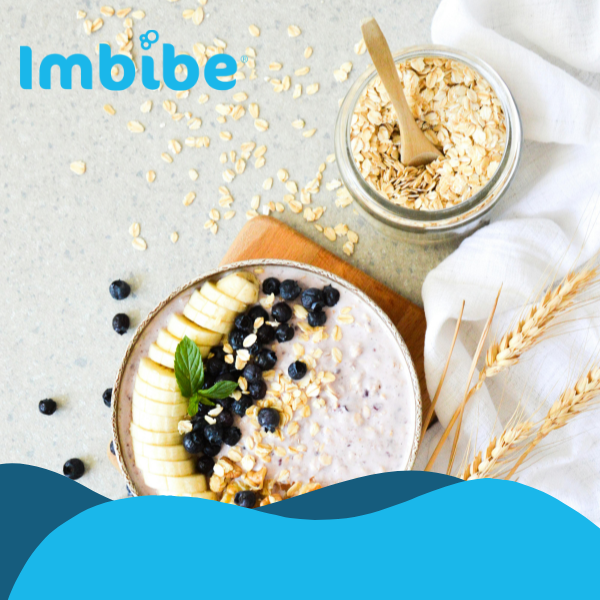 The demand for protein, especially from alternative, non-animal sources, is being met by suppliers innovating and employing novel technologies to identify, isolate and scale production of proteins from plants and various microorganisms. Protein is an indispensable part of the human diet, but a growing population and an array of dietary preferences have fueled the quest for alternatives to traditional animal sources like meat, poultry and dairy. Pulses (such as soy beans, peas and lentils), fungi, sea plants, ancient grains and insects are increasingly popular options. The lupine plant boasts higher protein content than beef, giving some alternatives a leg up, as well as positioning for vegetarians, cleaner labels and more.
The demand for protein, especially from alternative, non-animal sources, is being met by suppliers innovating and employing novel technologies to identify, isolate and scale production of proteins from plants and various microorganisms. Protein is an indispensable part of the human diet, but a growing population and an array of dietary preferences have fueled the quest for alternatives to traditional animal sources like meat, poultry and dairy. Pulses (such as soy beans, peas and lentils), fungi, sea plants, ancient grains and insects are increasingly popular options. The lupine plant boasts higher protein content than beef, giving some alternatives a leg up, as well as positioning for vegetarians, cleaner labels and more.
Read the full story from Natural Products Insider here.



